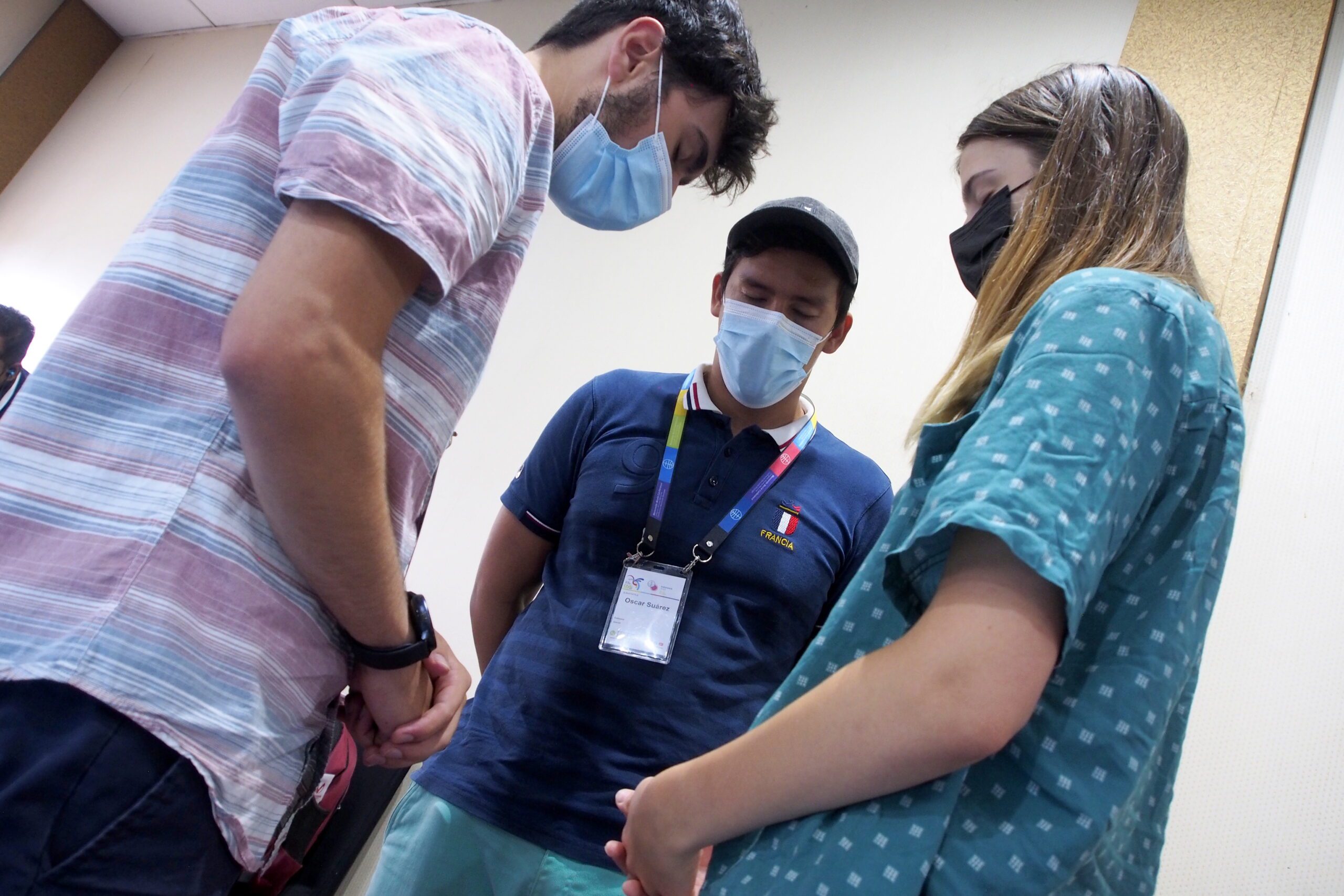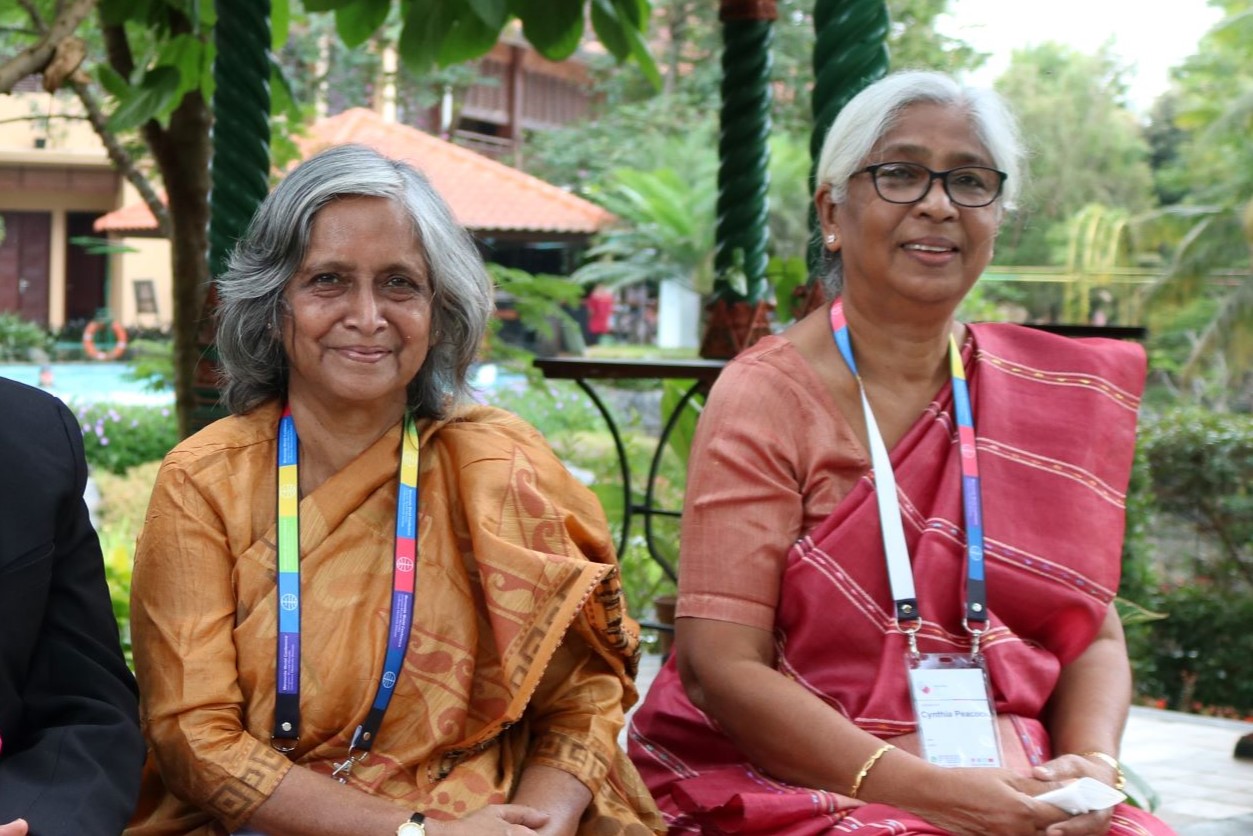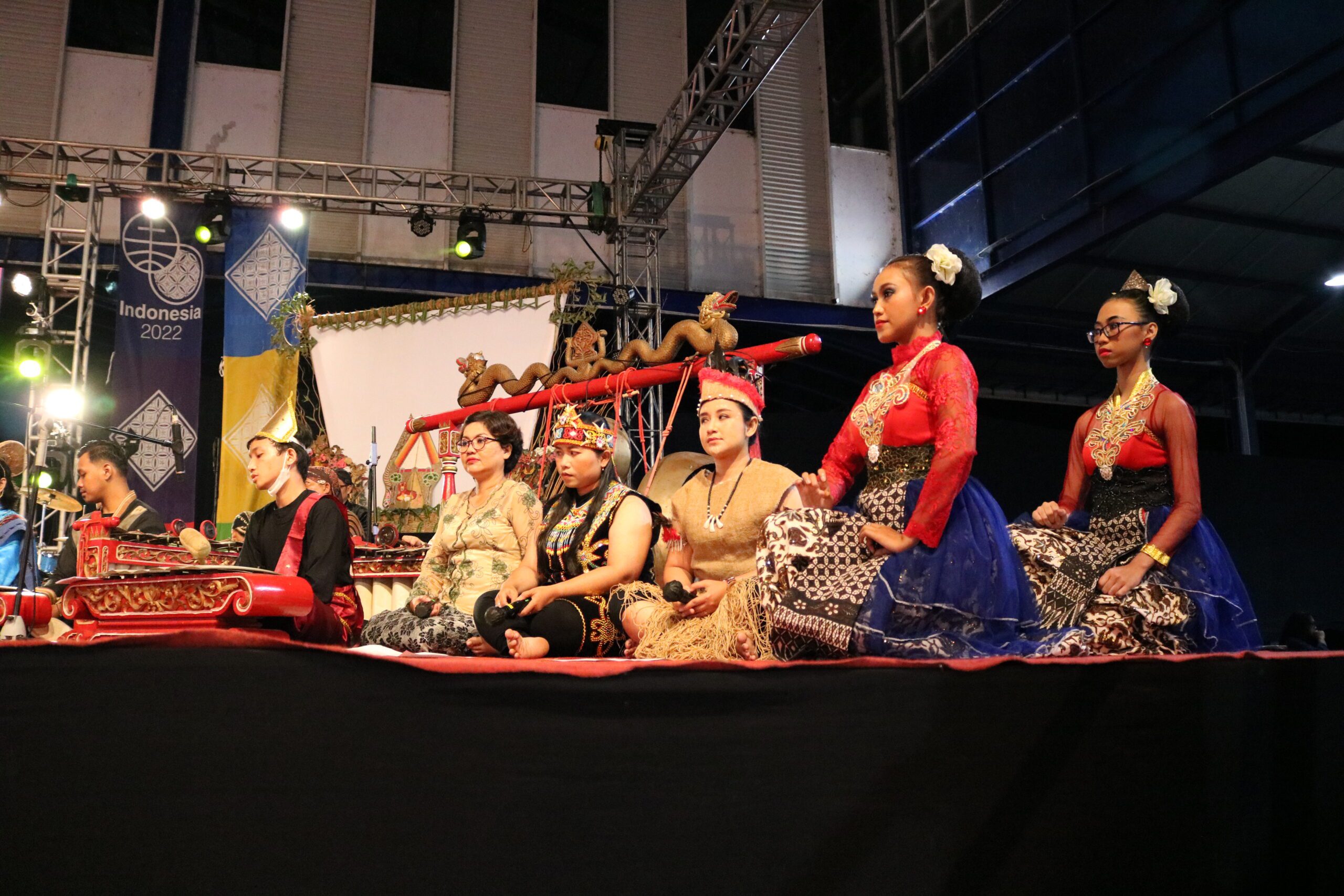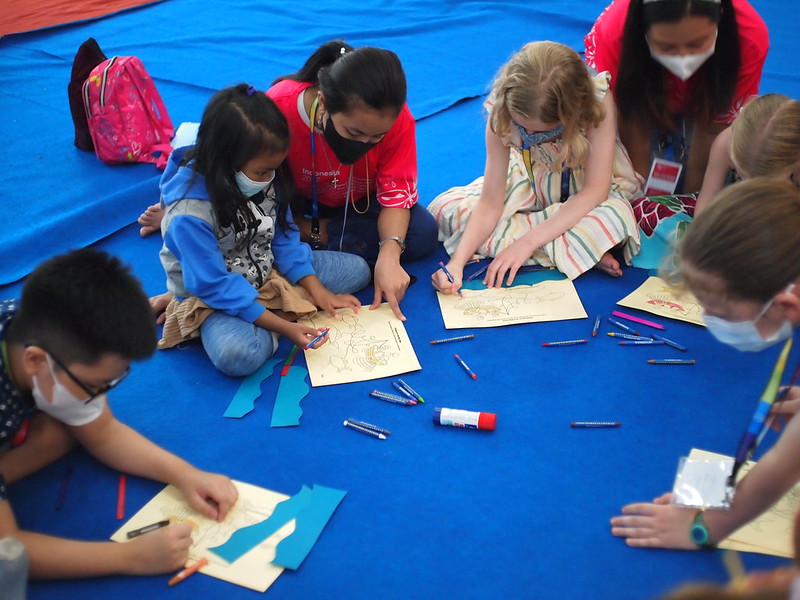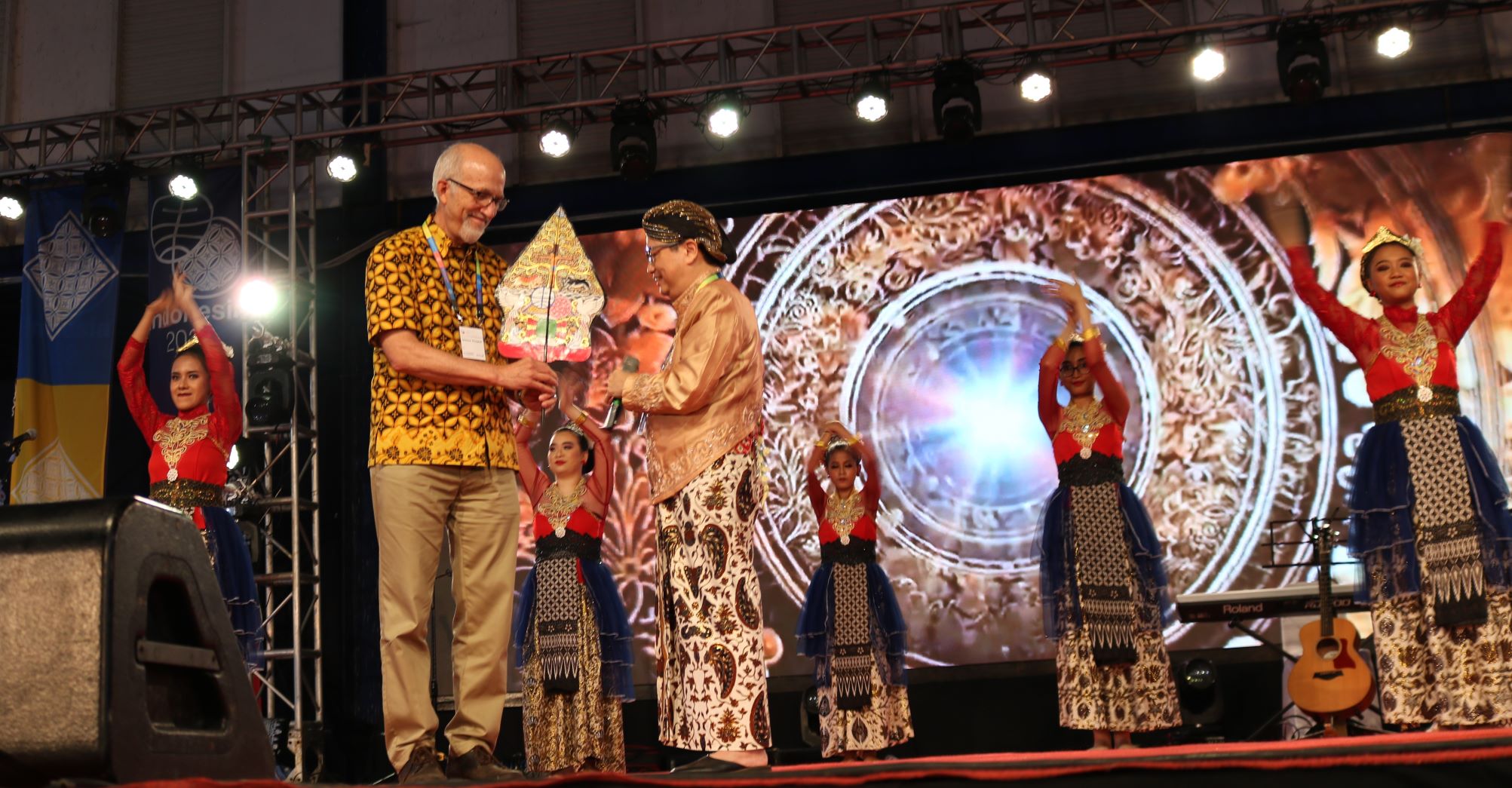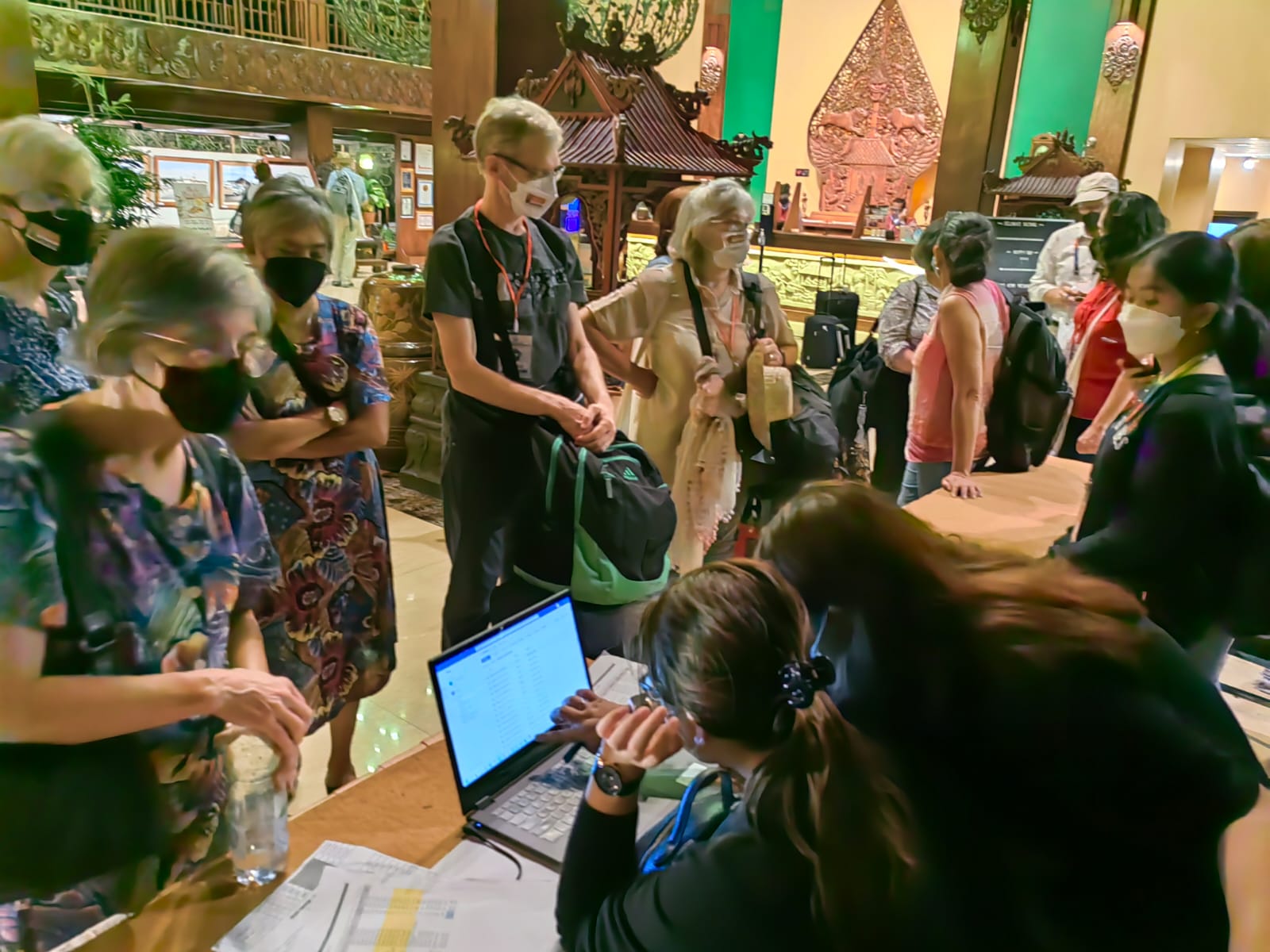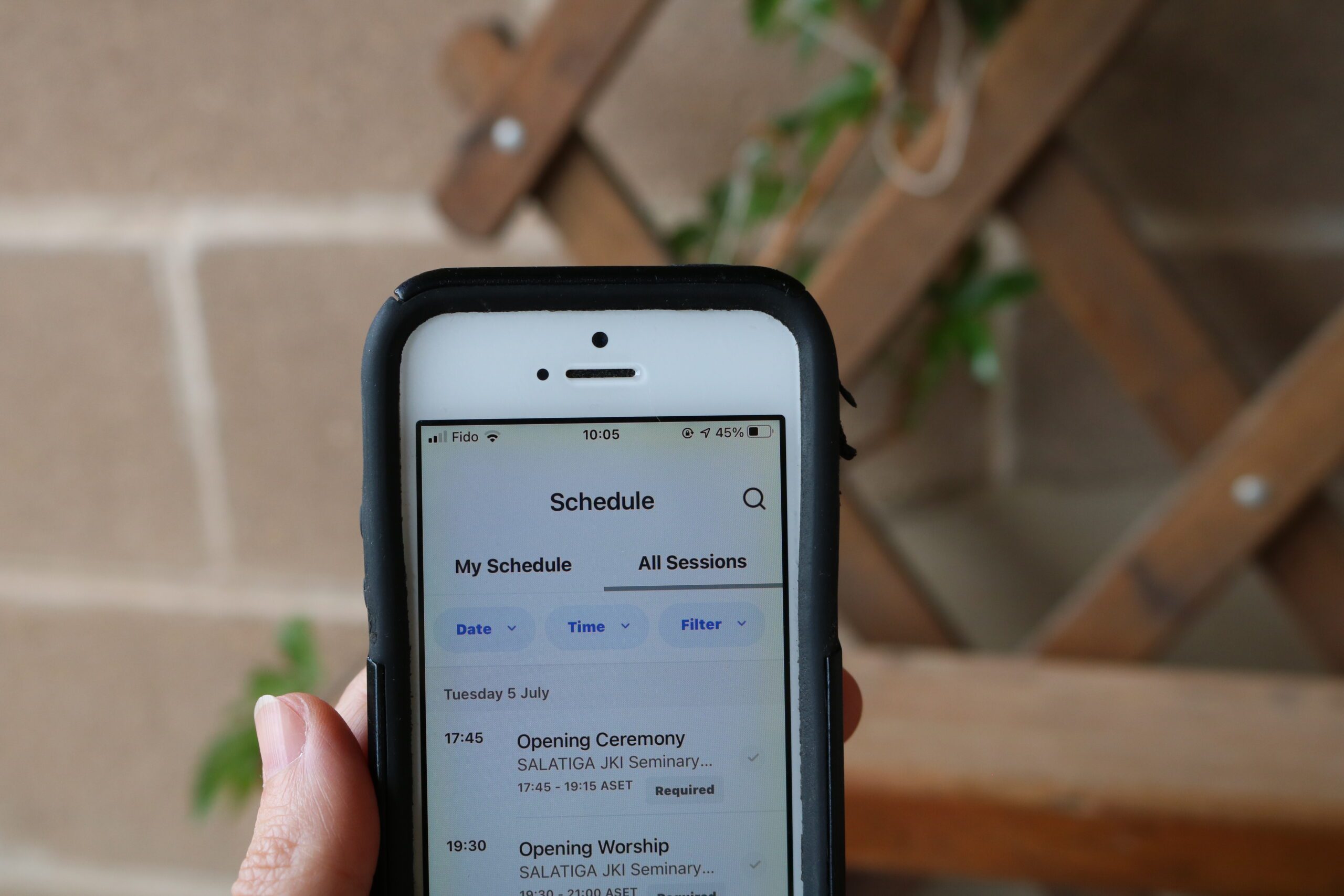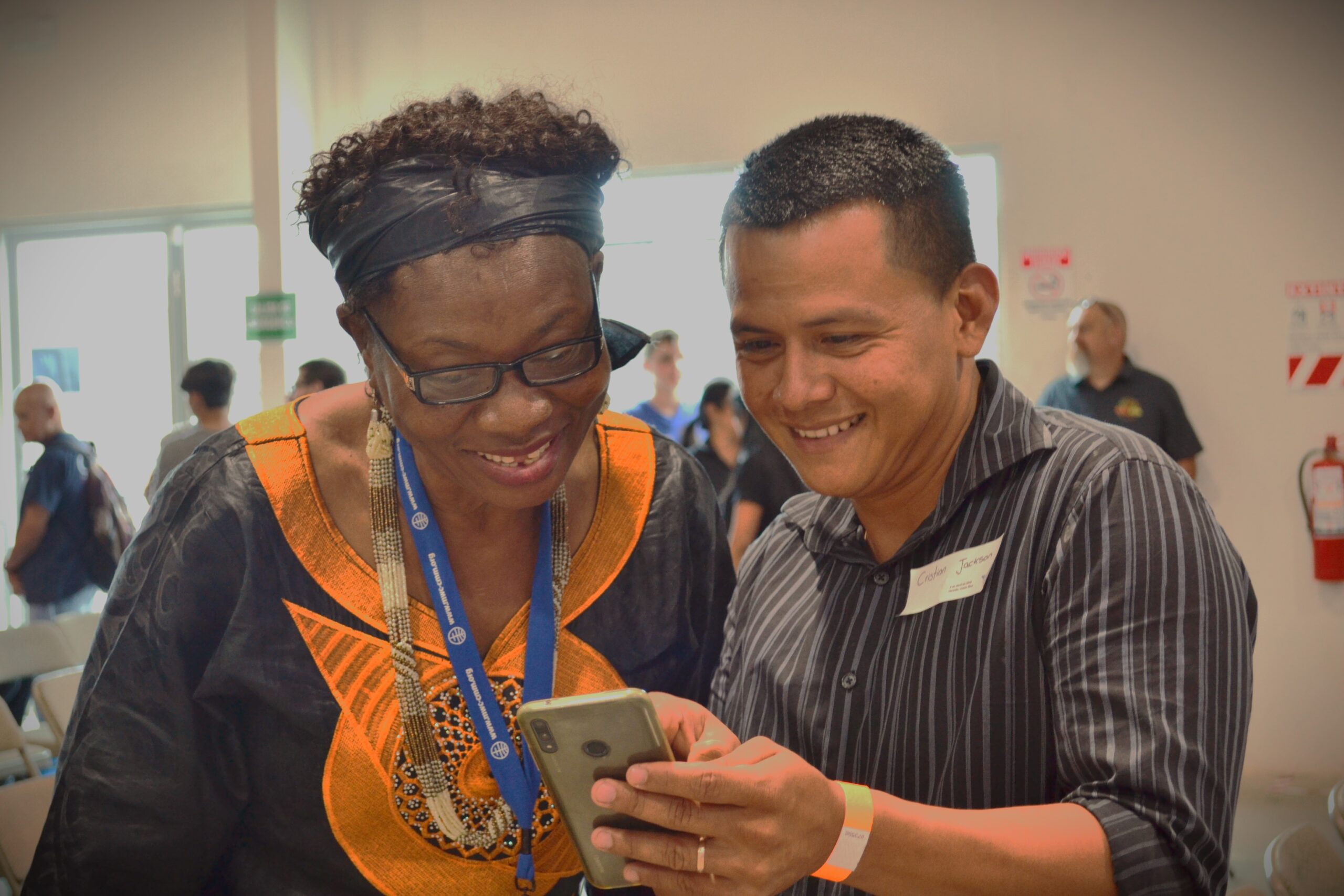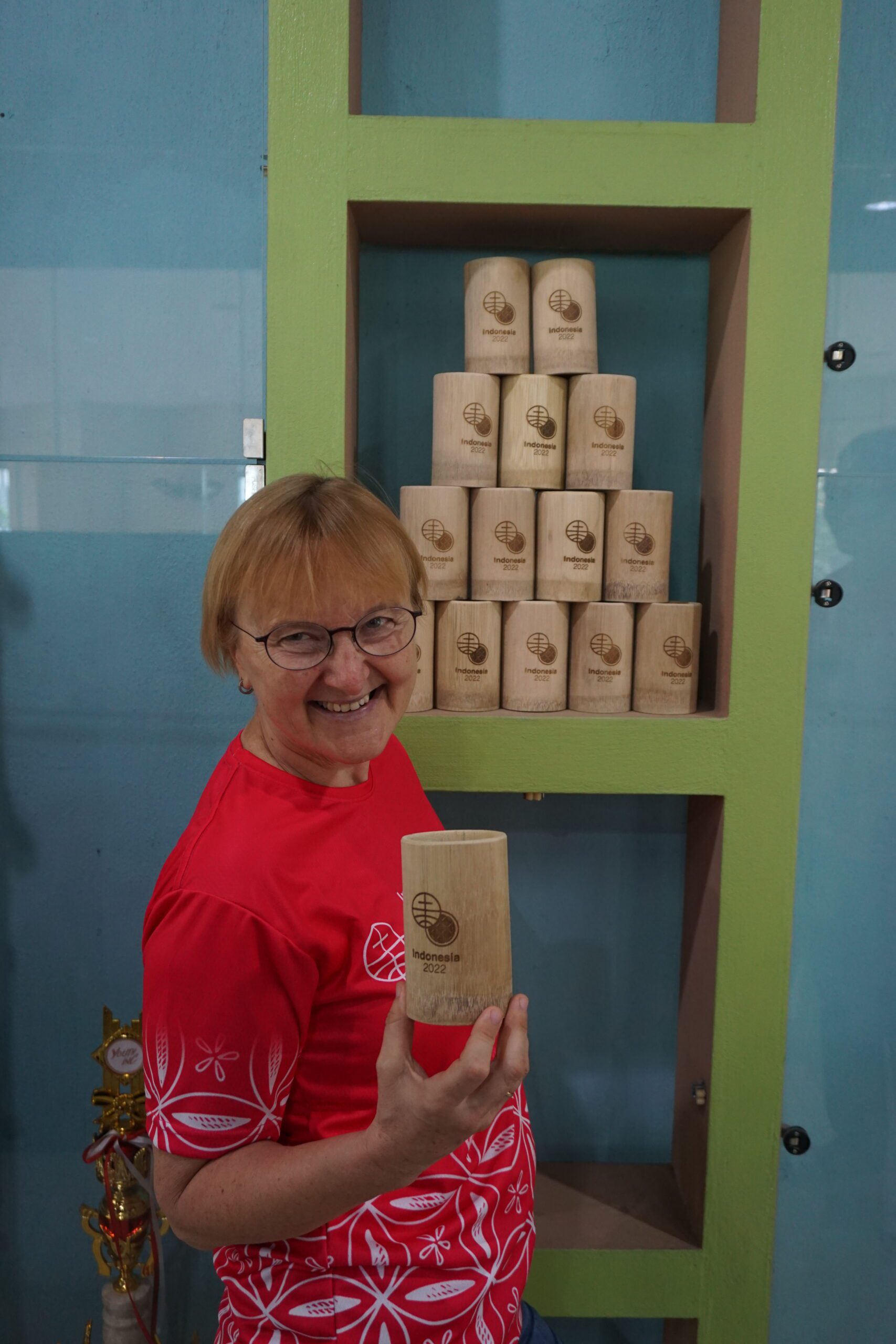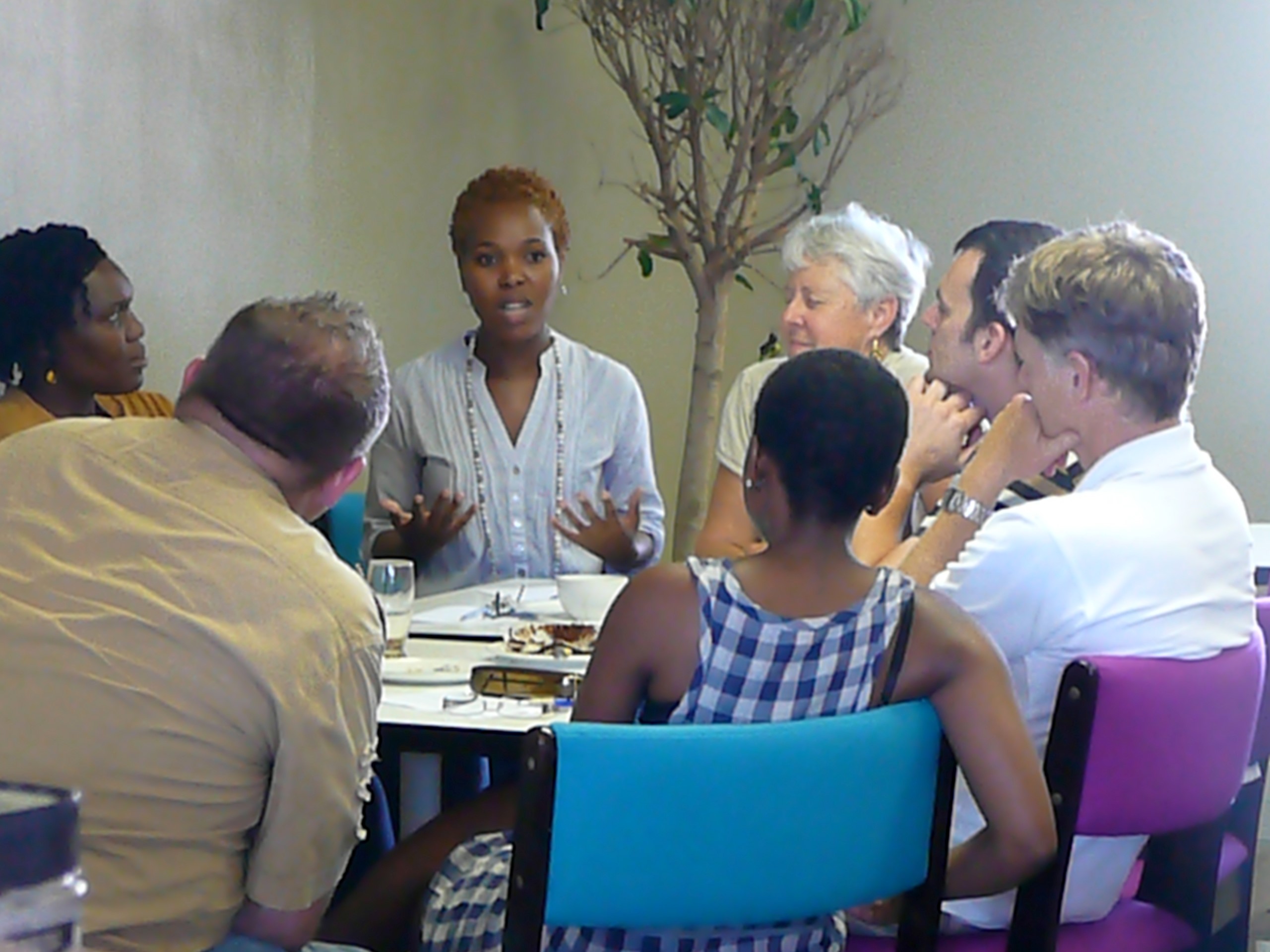-
Connected by the Spirit
Assembly is a life changing experience. This event every six years was the “conference” in Mennonite World Conference for several decades. It remains a highlight for members around the world – both those who are working daily to foster connections within the AnabaptistMennonite family, and those who mainly attend the big events. It is a
-
Follow the way that Jesus teaches
In recent times, churches have faced persecution from the Hindu extremists. But persecution is not only in the form of physical harassment or damage to the property. Christians as a minority are mentally persecuted: our voices are not heard…. Even though we have the legal documents for our properties and for our churches, we always…
-
Superar las barreras requiere aprendizaje permanente
Al seguir a Jesús, el cruzar barreras es inevitable. Todos preferimos la seguridad del espacio en el que normalmente vivimos. La vida cotidiana tiene hábitos que reproducimos sin, necesariamente, examinar sus implicacias y sus significados; de manera que lo que hacemos, y cómo lo hacemos, es para nosotros lo normal y consideramos extrañas otras formas
-
Learning as a global church
Children’s program As a church, it’s important to take in mind that a sense of belonging should be there for everyone regardless of the differences, especially in age. Mennonite World Conference is well-aware of this matter, hence Assembly 17 in Indonesia has a children’s program. This is provided for children to be able to experience,
-
Assembly Hub
Scan QR or click here to join the Assembly Hub to watch the videos. Enter the name and email address you used to register for the virtual Assembly. You will be sent a one-time passcode to complete your login. This will be sent to the email and phone number with which you registered. This will
-
Following Jesus together across barriers
Barriers of internet access and recording quality, of jetlag and illness, of language and culture stand in the way of MWC Assemblies but in Indonesia 5 July 2022, they did not prevent God’s people from worshipping together. “This marks a new way of doing assembly where we can learn and fellowship in satellite locations and
-
Masks on; Assembly begins!
Assembly in Indonesia 2022 is about to begin on 5 July 2022 with strict health protocols in place, as mandated by the local health authority. “As per government protocols, we mandate mask-wearing in all indoor spaces and crowded outdoor spaces. Seats are arranged for social distancing, and compliance to mask-wearing is checked at entrances and
-
How to make friends and pray for people – online
11 tips for using the Assembly Hub: You can meet brothers and sisters within the wide diversity of the Mennonite World Conference family in the Assembly Hub.
-
How the Assembly Hub crosses barriers of space
“It’s not the planned things that change us; it’s the encounters,” says Benjamin Isaak-Krauß, a two-time Assembly participant from Germany. Online participants find space for those barrier-crossing encounter at Mennonite World Conference’s event in the Assembly Hub. Event programs can be inspiring; however, the moments that make life change are often spontaneous connections over food
-
Assembly strives to lower carbon footprint
“Gathering” has become a bigger idea. Two years of changing pandemic restrictions taught people to be together virtually. Mennonite World Conference’s global Assembly benefits from this Zoom savvy. MWC’s event is open for anyone around the world to register to participate in these five days of fellowship from wherever they are. Additionally, recordings on the
-
Youth voices need to be heard
GYS: Life in the Spirit: Learn, Serve, Worship “What a unique opportunity to ask, observe and listen more than we speak,” says Christen Kong, Mennonite Church Canada delegate for the Global Youth Summit (GYS), 1-4 July 2022 in Salatiga, Indonesia. “I am looking forward to meeting other Mennonite youth and documenting the ways they live
-
GAPN Webinar: “Do I stay, or do I go?” June 27-29, 2022
Dear friends, We would like to invite you to be part of our upcoming Global Anabaptist Peace Network online gathering on June 27-29, 2022. We are looking forward to meeting all of you. On each of these days, we are planning to meet for 3 hours, starting at 8.00 (Winnipeg/Bogotá), 9.00 (Harrisonburg/La Paz), 15.00 (Johannesburg/Berlin),
